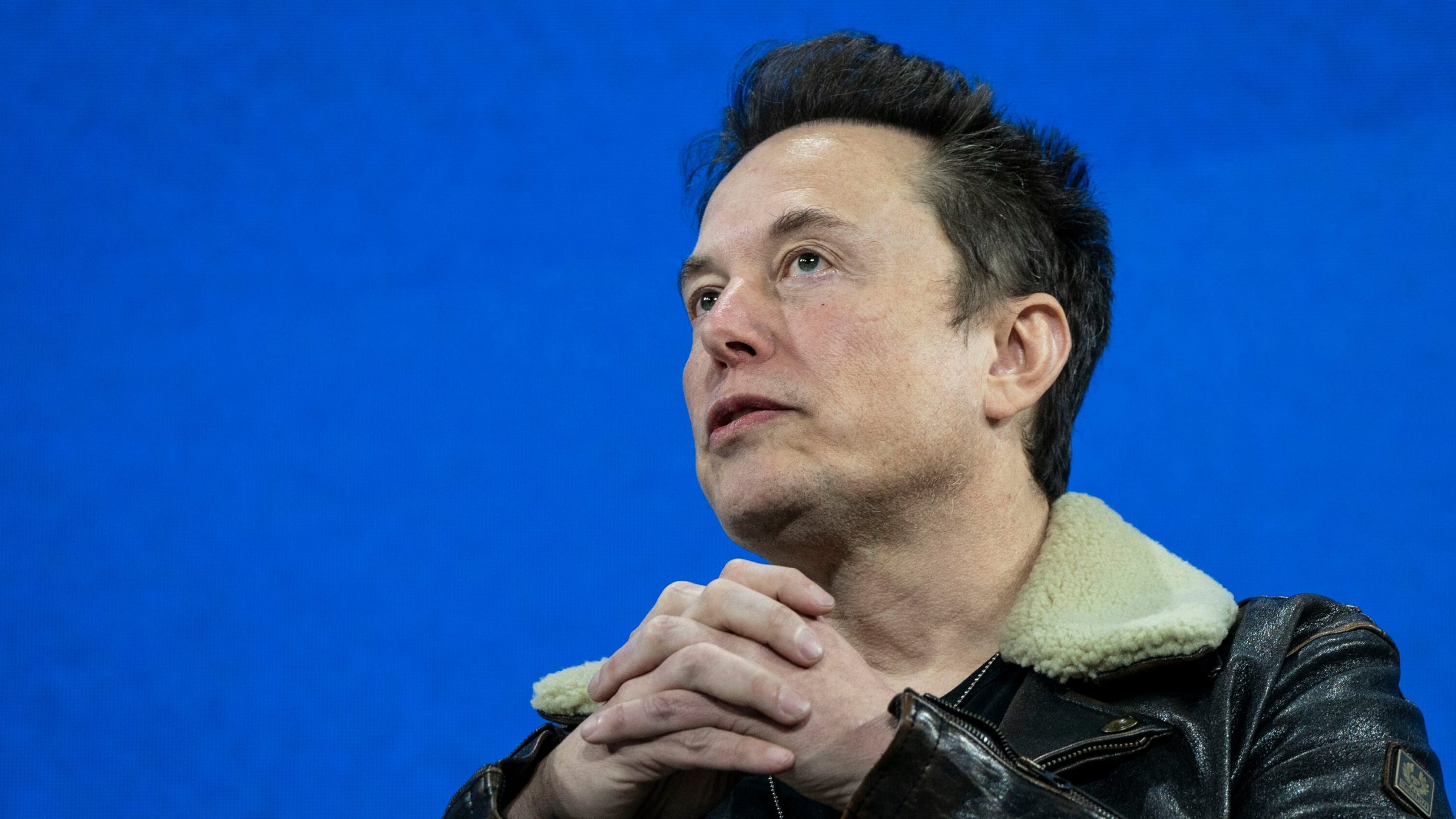Since acquiring Twitter in October 2022 and subsequently rebranding it as X, Elon Musk has changed the platform’s operational dynamics, most notably altering its algorithm to favor his posts.
A February 2023 investigation by Platformer highlighted that Musk’s tweets were being artificially propelled to prominence, enjoying a 1,000-fold visibility boost to ensure they outperformed others in user feeds.
Musk has leveraged this amplified presence on X to disseminate claims that cast doubt on the integrity of the upcoming 2024 presidential election, aligning with Donald Trump‘s unfounded assertions regarding electoral manipulation through undocumented immigrant voter registrations.

Elon Musk (Credits: Reuters)
A particularly troubling claim shared by Musk, originating from the account @EndWokeness — known for its controversial and often bigoted narratives — suggested an alarming increase in voter registrations by “illegals” since 2024 began, purportedly supported by “data.” Musk flagged this claim as “extremely concerning” to his 170 million followers, resulting in over 100 million views.
However, the foundation of these claims crumbles under scrutiny. Contrary to the insinuations, undocumented immigrants cannot obtain Social Security numbers, which are typically required for voter registration.
While there are circumstances where non-citizens may be issued Social Security numbers, such scenarios invariably involve legal residency status in the U.S., undermining the suggestion that such registrations indicate illegal voter participation.
The Help America Vote Verification (HAVV) process is designed to validate voter registrations through cross-referencing with Social Security Administration records. It’s crucial to note that multiple submissions of the same voter information through HAVV do not equate to various voter registrations.

Elon Musk (Credits: Mint)
Historical data reveals repetitive submissions for the same individual, illustrating the process’s inefficiency rather than evidencing a surge in undocumented voter registrations.
In states like Texas, Pennsylvania, and Arizona, the alleged number of new registrations without driver’s licenses far exceeded the total number of new voter registrations in 2024, revealing a flaw in the conspiracy theory’s logic.
Even if an individual were to register without a driver’s license in these states, stringent ID requirements at polling places safeguard against unauthorized voting, mandating proof of citizenship and state residency.
The spread of such misleading narratives underscores the difficulty and potential for misinformation within digital platforms, particularly when influential figures amplify baseless claims.
As electoral processes remain safeguarded by strict identification protocols, the conspiracy theories propagated fail to hold up to factual analysis, revealing a gap between sensational claims and the robust framework securing the electoral system.























